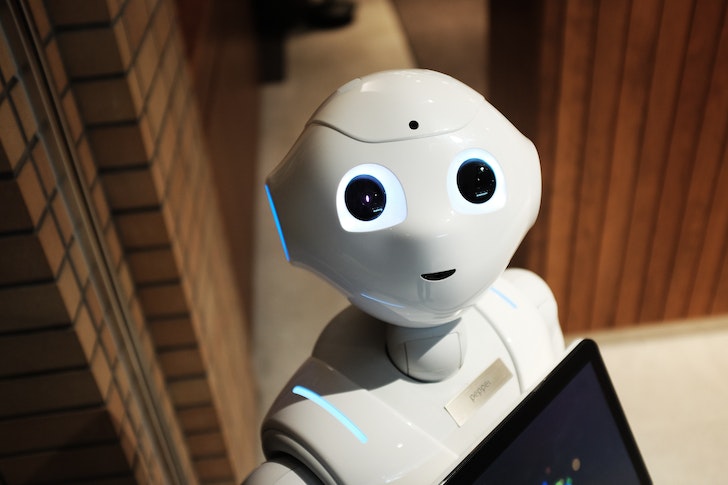The level of public trust and faith in science is at an all-time high right now. The majority of people throughout the world think science is the greatest route to an improved, richer, and more sustainable society.
In recent times, scientific fields like chemistry and biology have mostly functioned in isolation. But in recent years, science has become more intricate and interconnected. The day when one scientist worked alone in a lab and created discoveries is long past. Future innovations will most often take place when many teams work together and complementary technologies intersect.

Alex/Pexels | To further scientific progress, we must grab this opportunity
The Future of Science
It will be essential to adopt a multidisciplinary approach to research in order to address many of humanity's most pressing problems, such as chronic illness, climate change, and the sustainable production of food or energy. We refer to this new scientific phenomenon as "bioconvergence" since it combines a wide range of specialists, procedures, and technologies from the fields of engineering, software, and biotechnology.
As a diverse, international scientific and technology corporation committed to improving human growth, Merck KGaA is paving the way in this area. They are bringing together the appropriate bioconvergent technologies, expertise, and collaborators across the biological sciences, healthcare, and electronics to increase the pace and impact of modern science.

Lukas/Pexels | This will improve healthcare prevention, prediction, and personalization while also increasing the sustainability of human life
For instance, bioconvergence is assisting in the creation of a new generation of precise, individualized medications. This is made feasible by their capacity to use artificial intelligence (AI), biotechnological and genomic capabilities, as well as other technologies, to integrate various clinical and biological data points for a patient. Your very own 3D-printed, tailored medication might be available for pickup at the neighborhood drugstore in a not too distant future. Each medication will be tailored to your particular molecular profile and treatment needs thanks to bioconvergence.
The development of novel medicine molecules is becoming faster, more efficient, and more affordable because of the confluence of artificial intelligence (AI), smart manufacturing systems, and digital twins—accurate virtual replicas of actual objects. We can harness the potential of biomolecular data to make clinical studies much more predictive and inclusive by further integrating such technologies with contemporary sequencing methods.
In addition to boosting the productivity of already-existing markets, bioconvergence also aids in the development of new ones. To allow the emerging market of bioelectronics, for instance, biotech and digital skills are being linked with partners that have competence in related fields like medical devices.
This is aiding the development of a new generation of implanted or wearable technologies with neuro-stimulation and recording capabilities that can provide individualized care and remote monitoring. This should enable the lessening of symptoms or side effects of certain chronic conditions, such as pain.

Tara/Pexels | The 21st century will be redefined by this new megatrend
Because of bioconvergence's adaptability, any technology might be integrated with a wide range of other technologies to provide new functionality or application advantages in a variety of sectors. Take digital twin technology as an example. In addition to its advantages for clinical trials, it can boost bioreactor efficiency, traceability in pharma packaging, and the design and manufacturing of materials for the electronics sector.








